
by Joe Bunting and Ruthanne Reid |
Plot has a specific structure. It follows a format that sucks readers in; introduces characters and character development at a pace guaranteed to create fans; and compels readers to keep reading in order to satisfy conflict and answer questions.
Do you want readers to love your story? (Who doesn’t, am I right?) Then you need to understand plot.
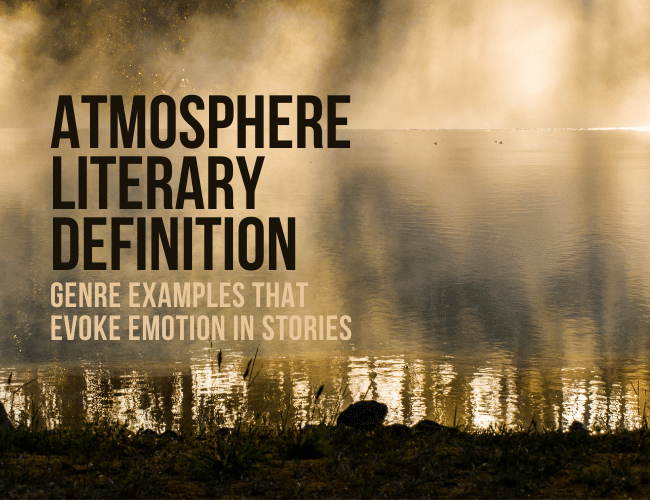
by Joslyn Chase |
Atmosphere matters. You might be someone who will pay a premium to eat at a restaurant with a certain ambience or buy a house in a setting that supports a particular feeling. But how do you use atmosphere in your book?
In like manner, your reader won’t remember every word you wrote, but if you infuse the story with atmosphere, they will remember the way it made them feel.
But how can you weave atmosphere into your story without making it feel forced? How can your story’s atmosphere evoke an emotional response and leave a lasting impression on your readers? How can you leverage this literary technique to enhance that feeling?
A strong sense of atmosphere figures into the works of William Shakespeare. Edgar Allan Poe mastered atmosphere in poems like The Raven and his haunting tales of suspense. J.K. Rowling managed it well in the Harry Potter series.
And you can learn it too.
There are many literary devices and elements of fiction a writer uses to impact the atmosphere of a literary work, including figurative language, word choice, similes, and personification. In this post, we’ll examine how point of view and genre considerations help to set the mood and establish atmosphere.
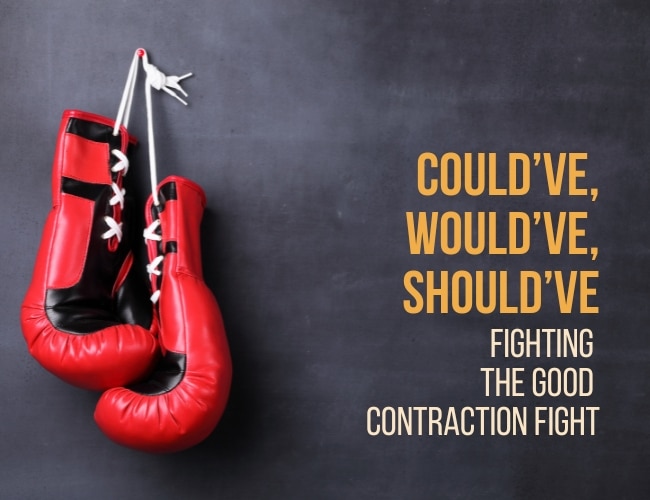
by Liz Bureman and Elizabeth Nettleton |
In speech, when you contract “could have,” “would have,” or “should have,” you end up with what sounds like, “could of,” “would of,” and “should of.” However, that is not what should be written. The proper contracted forms of could/would/should have are could’ve/would’ve/should’ve.
And yes, could’ve is an acceptable contraction. What is not acceptable is saying “could of” instead, because that is just plain wrong.
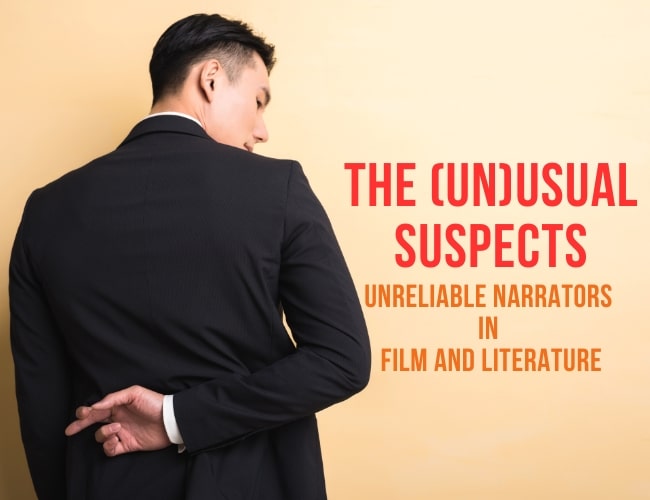
by Liz Bureman and Elizabeth Nettleton |
One of my all-time favorite movies is The Usual Suspects. I could watch it on a loop, and I’d still never get sick of it. If you haven’t seen it, I’m going to spoil the ending, and if you keep reading and get mad at me, it’s your own fault because that movie has been around since 1995 and you really should have seen it by now.
The vast majority of the movie is Kevin Spacey’s con man character telling a cop about a job that results in a huge explosion and lots of deaths. He says the mastermind behind the job is a man named Keyser Soze. At the end of the movie, we learn that Kevin Spacey is Keyser Soze, and a good number of details from the story that he told the police were made up from things he observed in the cop’s office.
The first thing your brain does after it picks itself up off the floor is get confused: Wait—if he made up those details, what other bits of information did he make up? Was anything he just told us real? Is Keyser Soze even real?
And just like that, the movie that was so straightforward for the first 100 minutes is suddenly a completely different movie.
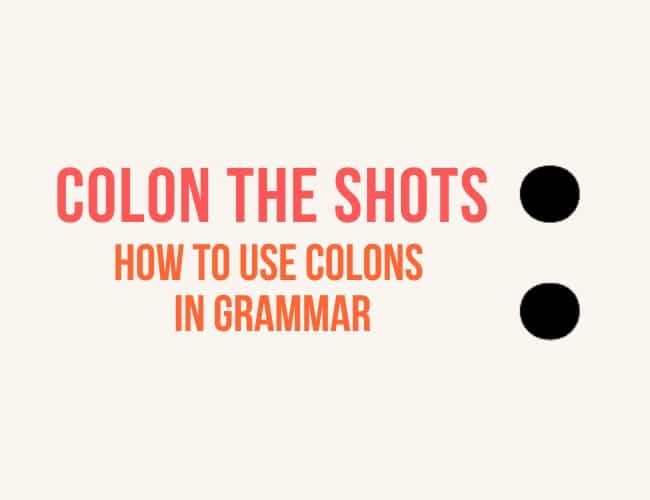
by Liz Bureman and Elizabeth Nettleton |
While colons can be intimidating at first, they’re lovely, distinguished punctuation marks that are quite easy to use once you get the hang of them. Let’s dig a little deeper into how to use colons correctly.
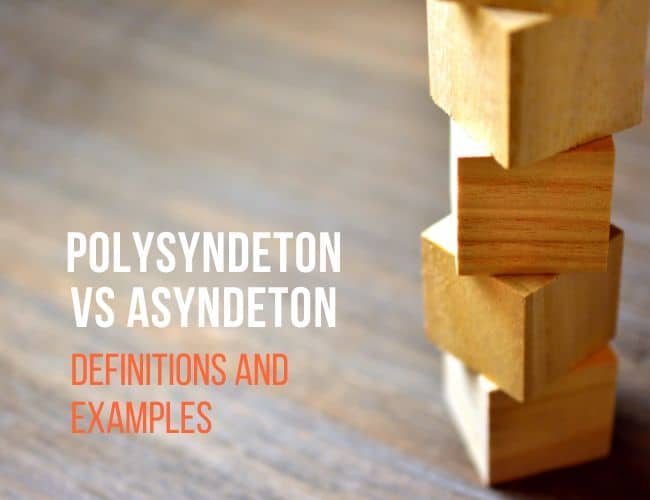
by Liz Bureman and Joe Bunting |
Today, we’ll look at the difference between polysyndeton vs asyndeton, share some examples, and explain how and when to use them both in your writing. Let’s get started!









